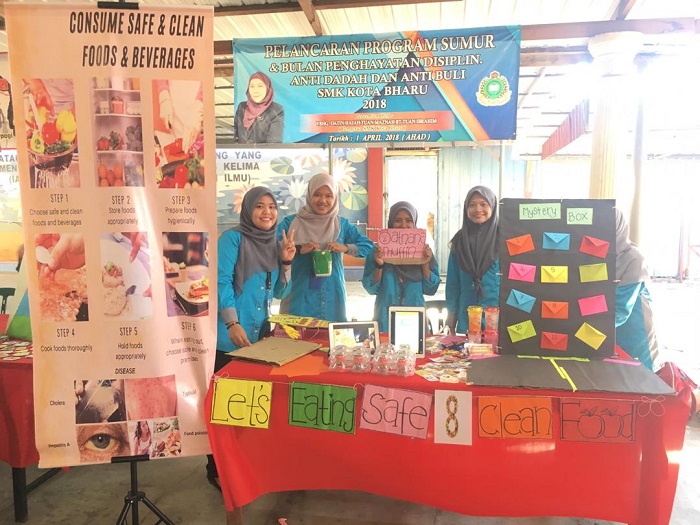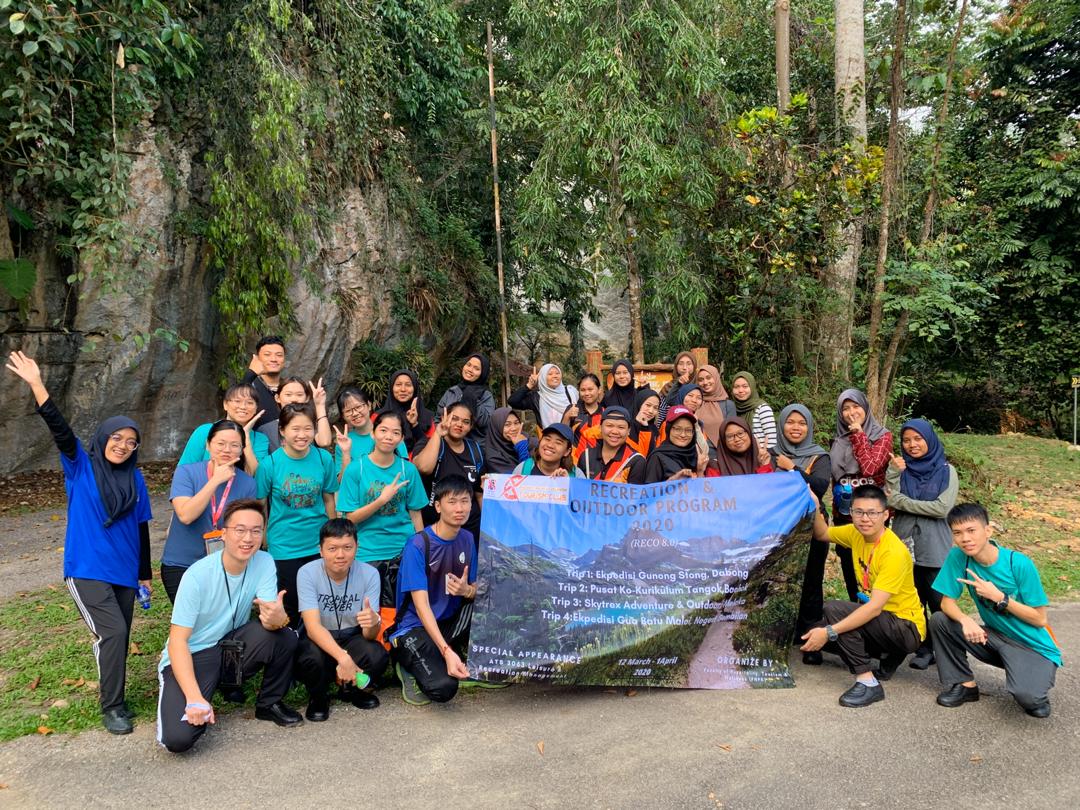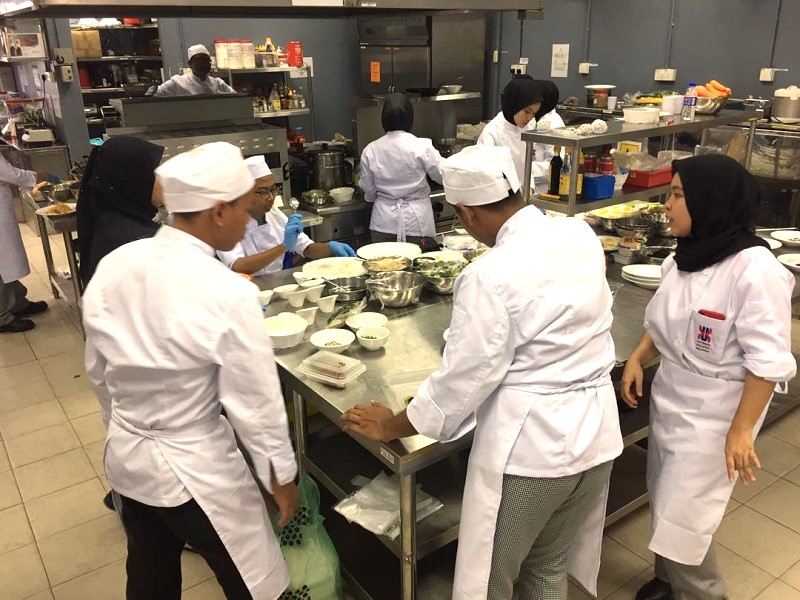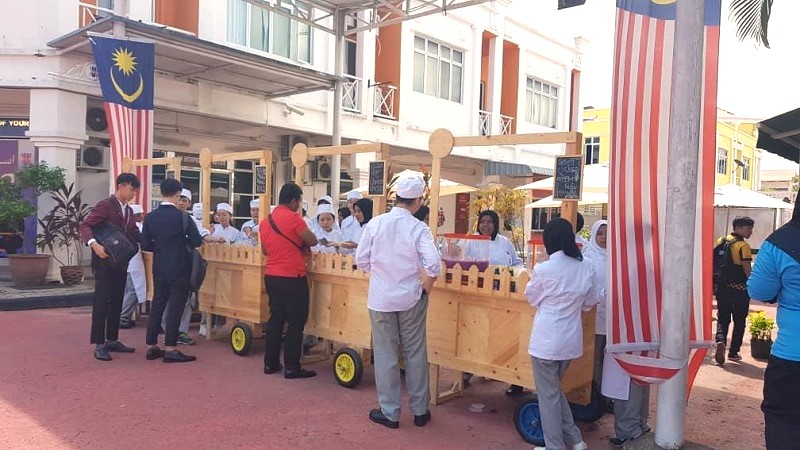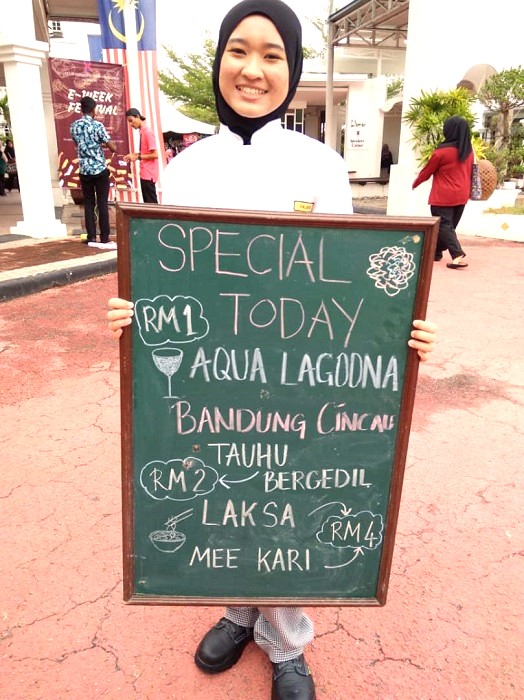ABOUT FACULTY OF HOSPITALITY, TOURISM AND WELLNESS
Faculty of Hospitality, Tourism and Wellness (FHPK) is the sixth faculty established in 2016 in line with the university's vision and mission, specialized in entrepreneurship education.
Hospitality, Tourism and Wellness programmes are offered by the faculty intending to provide its fundamental knowledge and also to inculcate entrepreneurial attributes, skills, and talent amongst students.
However, we have a long-standing history with Faculty of Business& Entrepreneurship (FKP) since 2008.
QUALITY MANAGEMENT PRINCIPLE
The faculty’s quality assurance principle is aligned with Universiti Malaysia Kelantan (UMK).
UMK is committed to provide quality academic management services, enhance research and scholarly activities through continuous initiatives, quality cultivation, unique, and relevant to meet customer satisfaction
CLIENT CHARTER
Students
- Ensuring that the learning and teaching process achieves the set learning outcomes in a conducive environment;
- Enhancing student internationalization activities;
- Providing friendly and efficient customer service;
- Promoting a culture of creative entrepreneurship among students;
- Providing conducive and safe teaching and learning facilities.
Staff
- Encouraging a culture of research and the development of creative and innovative products in service industries (hospitality, tourism, and wellness) with the potential for commercialization to generate income for the faculty;
- Providing funding resources to foster a culture of research and the development of creative and innovative knowledge with entrepreneurial characteristics in service industries;
- Offering continuous professional development opportunities;
- Creating a conducive and welfare-oriented working environment;
- Providing platforms that help enhance a culture of research and publication;
- Valuing staff talents and abilities in line with faculty needs by supporting career development.
Community
- Offering friendly, efficient, and professional customer service;
- Providing expertise as a reference for the local community;
- Expanding community-friendly approaches.
Industry
- Establishing strong smart partnerships to enhance industrial capabilities through consulting activities, commercialization of research results, and fostering entrepreneurship culture.
QUALITY OBJECTIVES
-
Academic study programs are reviewed at least once every 5 years.
-
80% of staff achieve a minimum LNPT (Annual Work Target Score) of 85%.
-
75% of lecturers are qualified with a Doctor of Philosophy (PhD) or an equivalent qualification.
-
90% of graduates secure employment within 6 years of graduation.
-
68% of lecturers serve as principal researchers in research grants.
-
The evaluation score for course teaching by students reaches at least a 4.0 scale for all evaluation categories (course, lecturer, facilities, e-learning, responsiveness).
